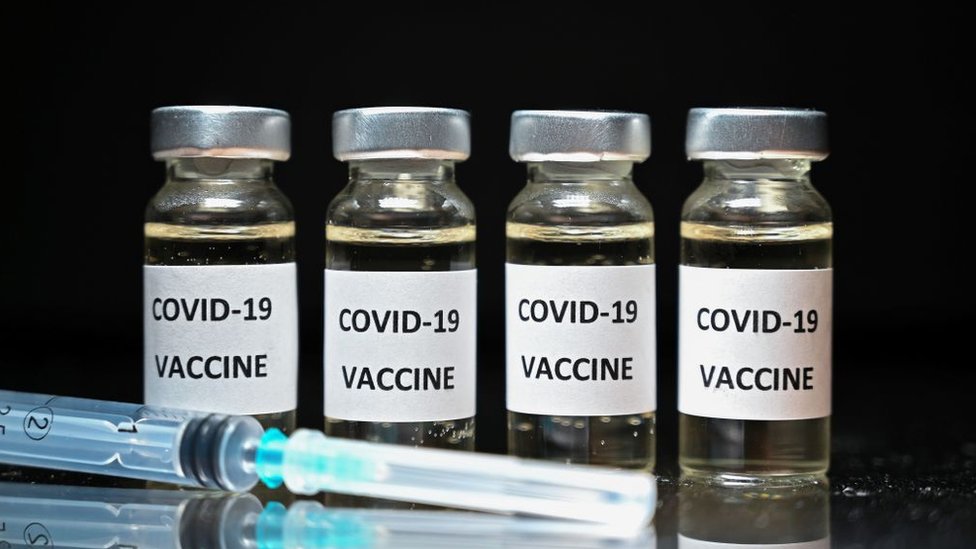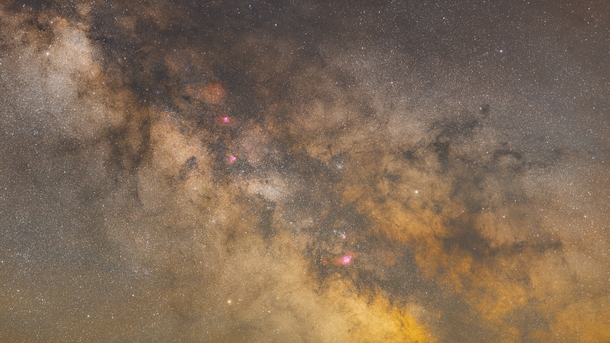Pfizer is competing to get approval for its Covid-19 vaccine. But the pharmaceutical company faces a massive challenge in dispersing the vaccine due to its inability to work over a specific temperature. It has to be kept under a freezing -70 degree Celcius, which requires special shipping and storage freezers.
Kurt Seeto, the immunization program manager at the Maryland Department of Public Health In Baltimore, said that the vaccine has some distinctive storage requirements. He also noted that it is a challenge as they don’t usually store vaccines at such a freezing temperature.
Pfizer and its German Partner BioNtech who developed the vaccine, is the first to reach the journey’s end in the U.S. On December 10, the U.S. Food and Drug Administration’s committee will meet to discuss its developers’ emergency use request. The committee will stream live the meeting described above on its Youtube, Twitter, and Facebook channels.
The vaccine will also be distributed in Japan, Australia, Canada, Europe, The United Kingdom, and many other countries.
This would make this problem a global challenge.
The U.S. National Institute of Infectious Diseases and a pharmaceutical giant, Moderna, also developed a vaccine which also requires ultra-freezing. Although it can be kept at -20 degrees Celcius, so standard freezers can be used. The most crucial advantage of this vaccine is that it can even be stored at average refrigerator temperatures for more than a month. Low temperatures are required to keep the vaccines from becoming useless. The vaccines that were developed before didn’t require freezing, but Moderna and Pfizer’s vaccines are exceptional, for which low temperatures are needed to keep it from breaking down.
These vaccines are based on messenger mRNA to carry instructions for producing copies of the virus spike protein. The protein compositions are produced by the human cells, which read those instructions, which, in turn, prepare the immune system to attack coming in contact with the coronavirus.




